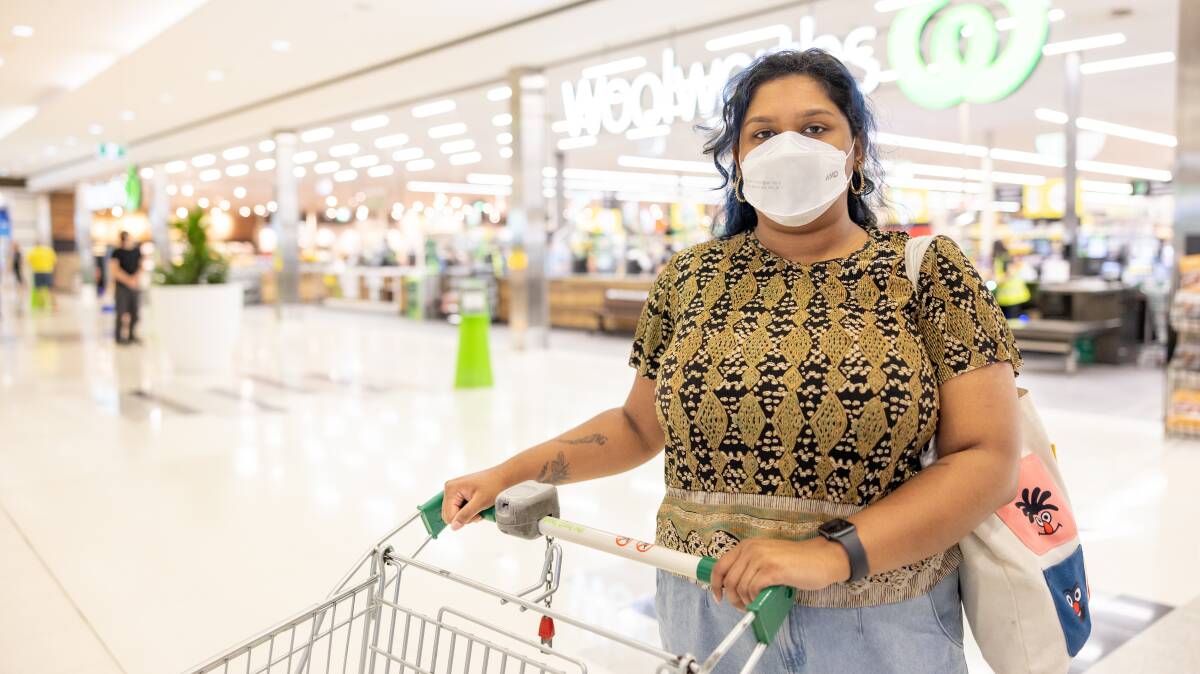
As Canberra tries to live with Omicron, its carers are struggling to find essential medicines, make trips to the supermarket and prepare for worst-case scenarios if they do become infected.
Tori Hobbs, a nurse and disability support worker, cares for their partner while also receiving care due to their disability.
Straining supply chains and rising infections which have been a nuisance to most in the community, have thrown Tori's life into a state of upheaval.
"We're not people who have been hoarding or stockpiling or anything, but there are certain things that we need more than able-bodied people," they said.
"We take Panadol four times a day each, so we go through quite a bit."
"But when we went to the chemist a few days ago, we just couldn't find any."
Trips to the supermarket can be high-risk excursions for carers, with many preferring to limit exposure opportunities.
But empty shelves as the Omicron variant bowls through suppliers' workforces have made this nearly impossible.
"Carers are wanting to keep as away from exposure opportunities as possible," Carers ACT chief executive Lisa Kelly said.
"So when you're only allowed to buy one roll of toilet paper, that means you've got to go to the supermarket every day, and that increases the risk of exposure."
Tori added: "There's so much risk with having to go to multiple chemists to try and find the medication that you need. So we're just kind of stuck."
Ms Kelly also said many carers had been cut off from the assistance of support workers.
"They are carrying more of the load, they're doing more work because the exposure risk is too high for the people they care for," she said.
Tori said due to their vulnerability to the virus, if they or their partner contracted it, home care probably would not be an option.
"I can't even foresee if one of us did get COVID that we would be managed in a community setting because of my disability and my partner being immunocompromised," they said.
"I assume that one of us will be hospitalised if we do end up contracting COVID."
Ms Kelly said carers have and would continue to contract COVID-19, a difficult situation when providing support for a vulnerable person.
She said Carers ACT was working with the territory government to provide replacement care.
Ms Kelly also said decision-makers needed to start paying more attention to people in in-home care.
"[They are] as vulnerable as people who live in nursing homes or supported accommodation, and their exposure to multiple people is often less controlled and is often a greater level," she said.
"There's a very strong push to moving our care system to being more about in home for longer, and yet, during COVID we haven't seen a policy response that supports that."






